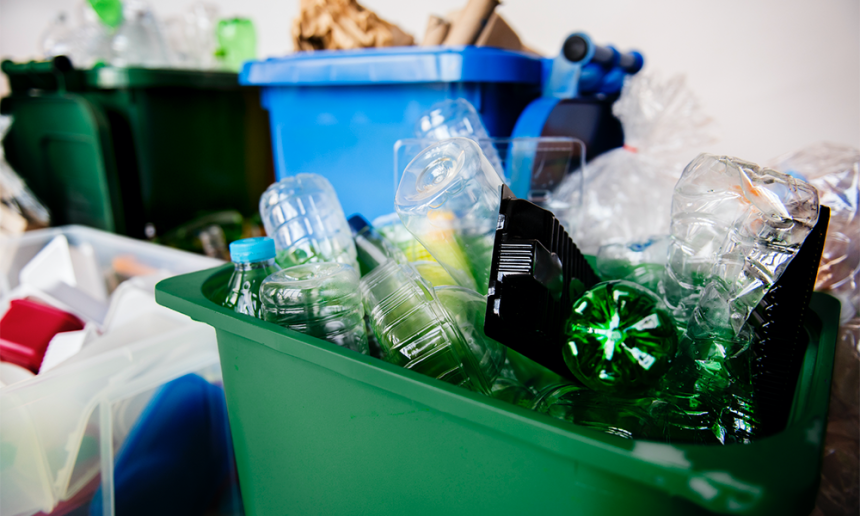The Department for Environment Food and Rural Affairs (Defra) has today (27 January) published its revised Waste Management Plan for England.
The Resources and Waste Strategy (RWS) sets out the government’s vision for moving to a more circular economy and its Waste Management Plan for England (WMP) is an integral component of this, focussing on waste arisings and their management.
The WMP provides an analysis of the current waste management situation in England and sets out to evaluate how the Plan will support implementation of the objectives and provisions of the Waste (England and Wales) Regulations 2011.
This is also supplemented by a Waste Prevention Programme for England (WPP) which sets out government’s plans for preventing products and materials from becoming waste, including by greater reuse, repair and remanufacture supported by action to ensure better design to enable this to be done more easily.
A revised WPP is due to be published this year also, government says.
Our Waste Management Plan is an important part of transforming how we manage our waste and resources, outlining how waste can be processed, recycled and disposed of in the most efficient and sustainable ways – Environment Minister Rebecca Pow
Government is required to review the WMP every six years and its has now published an updated Plan following a public consultation held last year.
Government says that the revised WMP ensures that policy reflects those within the Clean Growth Strategy, Industrial Strategy, 25 Year Environment Plan and Resources & Waste Strategy, and includes measures to meet the 2035 target for recycling at least 65% of municipal waste and landfilling a maximum of 10%.
It also sets out actions being taken on litter and builds in wider Resources & Waste Strategy measures such as extended producer responsibility, consistency in recycling and a deposit return scheme.
Environment Minister Rebecca Pow said: “Our Waste Management Plan is an important part of transforming how we manage our waste and resources, outlining how waste can be processed, recycled and disposed of in the most efficient and sustainable ways.
“The updated plan reflects ambitious new government commitments. These include recycling at least 65% of our municipal waste by 2035 with only 10% being sent to landfill, as well as measures to tackle litter.
“We have committed to leave the environment in a better state than that in which we inherited it, and this is an important step forwards.”

